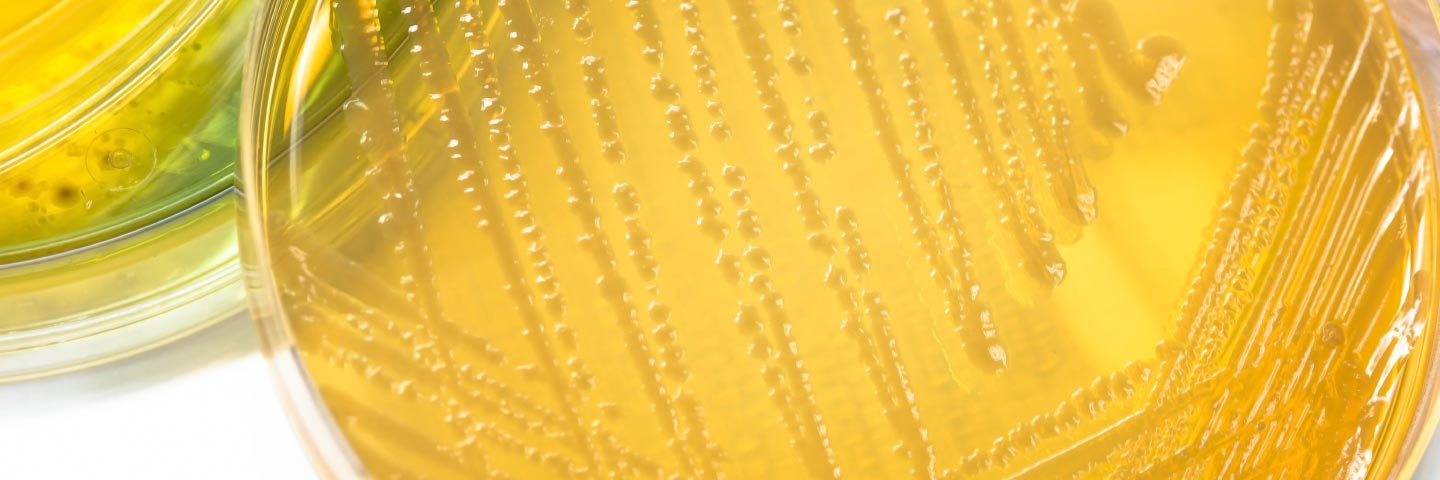
Visit our other sites
-
Fapas - Proficiency Testing
Globally recognised provider of proficiency tests, running over 400 tests annually across an extensive range of matrices and analytes
-
Great Crested Newts Testing
A single sample taken by an ecologist at any time during the newt breeding season can determine their presence or absence, saving you time and money
Depositions of cultures are at the discretion of the collection.


Cultures of pathogenic or research interest, or of species that are not well represented in the collection, are welcomed. We also accept strains of other taxa that extend their geographical and host ranges or have unusual properties. Authors of new species of bacterial plant pathogens are encouraged to deposit examples in the NCPPB as well as similar specialist collections. The NCPPB accepts reference strains of all newly described taxa. Please contact us to discuss the accession of your culture.
Do I require P.I.C or M.A.T?
- P.I.C = Prior Informed Consent
- M.A.T = Mutually Agreed Terms
P.I.C and M.A.T form the basis of Access and Benefit Sharing (ABS) frameworks, such as the Nagoya Protocol.
Before obtaining isolates from a different country you may need P.I.C from the Competent National Authority (CNA). For strains being placed in the NCPPB you will need to check with your National Focal Point or your CNA (www.cbd.int/information/nfp.shtml) to establish if there are M.A.T associated with the cultures. You will then need to inform us that M.A.T apply and who to contact in the event that the strain is requested. Accession of strains to the NCPPB is at the discretion of NCPPB staff and dependent on completion of the necessary forms – please contact us before sending any cultures (ncppb@fera.co.uk).
The Nagoya Protocol entered into force on 12th October 2014 (www.cbd.int/abs/), however some countries’ ABS legislation pre-dates this. To check if the material you are collecting is in scope of these requirements, visit the ABS Clearing House (absch.cbd.int/).
IN THIS SECTION

Copyright © 2025 Fera Science Limited (“Fera”). All rights reserved.
For further information about how Fera uses any personal data collected from you, please see our Privacy Notice at www.fera.co.uk/privacy-policy.


